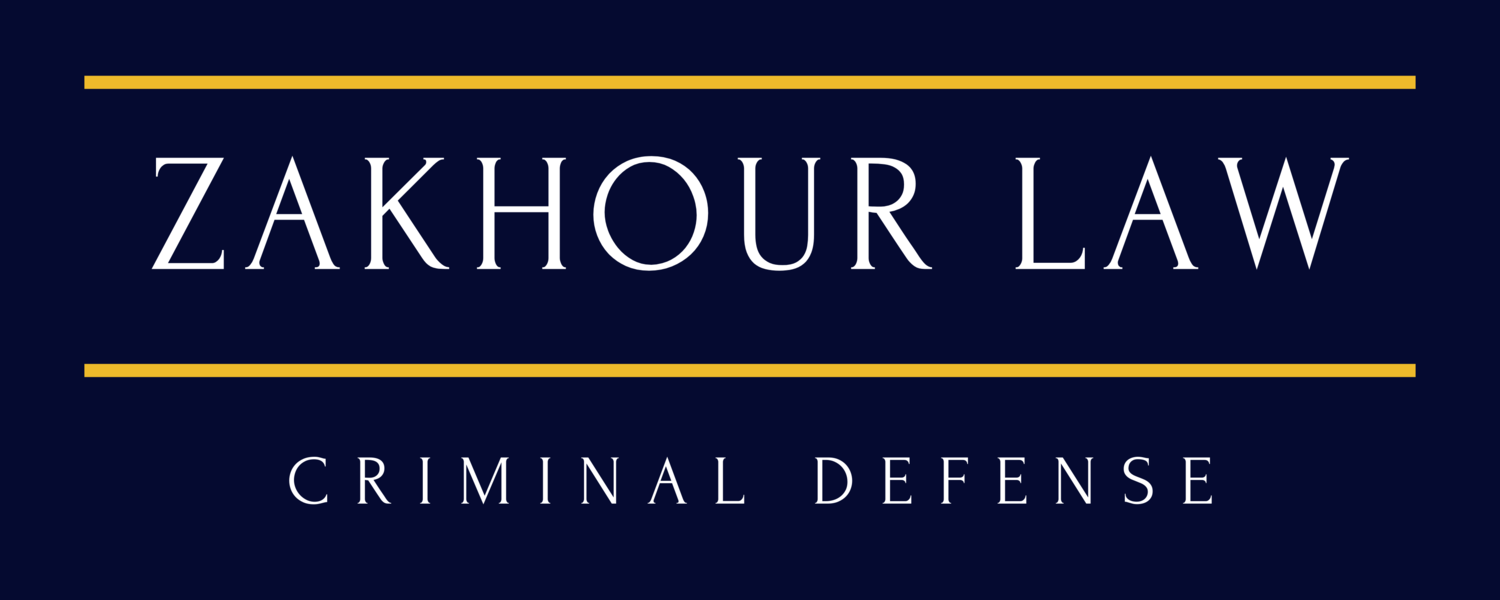Juvenile Crimes
PENAL CODE - PEN
PART 1. OF CRIMES AND PUNISHMENTS [25 - 680.4]
( Part 1 enacted 1872. )
TITLE 9. OF CRIMES AGAINST THE PERSON INVOLVING SEXUAL ASSAULT, AND CRIMES AGAINST PUBLIC DECENCY AND GOOD MORALS [261 - 368.7]
( Heading of Title 9 amended by Stats. 1982, Ch. 1111, Sec. 2. )
CHAPTER 2. Abandonment and Neglect of Children [270 - 273.75]
( Chapter 2 enacted 1872. )
272.
(a) (1) Every person who commits any act or omits the performance of any duty, which act or omission causes or tends to cause or encourage any person under the age of 18 years to come within the provisions of Section 300, 601, or 602 of the Welfare and Institutions Code or which act or omission contributes thereto, or any person who, by any act or omission, or by threats, commands, or persuasion, induces or endeavors to induce any person under the age of 18 years or any ward or dependent child of the juvenile court to fail or refuse to conform to a lawful order of the juvenile court, or to do or to perform any act or to follow any course of conduct or to so live as would cause or manifestly tend to cause that person to become or to remain a person within the provisions of Section 300, 601, or 602 of the Welfare and Institutions Code, is guilty of a misdemeanor and upon conviction thereof shall be punished by a fine not exceeding two thousand five hundred dollars ($2,500), or by imprisonment in the county jail for not more than one year, or by both fine and imprisonment in a county jail, or may be released on probation for a period not exceeding five years.
(2) For purposes of this subdivision, a parent or legal guardian to any person under the age of 18 years shall have the duty to exercise reasonable care, supervision, protection, and control over their minor child.
(b) (1) An adult stranger who is 21 years of age or older, who knowingly contacts or communicates with a minor who is under 14 years of age, who knew or reasonably should have known that the minor is under 14 years of age, for the purpose of persuading and luring, or transporting, or attempting to persuade and lure, or transport, that minor away from the minor’s home or from any location known by the minor’s parent, legal guardian, or custodian, to be a place where the minor is located, for any purpose, without the express consent of the minor’s parent or legal guardian, and with the intent to avoid the consent of the minor’s parent or legal guardian, is guilty of an infraction or a misdemeanor, subject to subdivision (d) of Section 17.
(2) This subdivision shall not apply in an emergency situation.
(3) As used in this subdivision, the following terms are defined to mean:
(A) “Emergency situation” means a situation where the minor is threatened with imminent bodily harm, emotional harm, or psychological harm.
(B) “Contact” or “communication” includes, but is not limited to, the use of a telephone or the Internet, as defined in Section 17538 of the Business and Professions Code.
(C) “Stranger” means a person of casual acquaintance with whom no substantial relationship exists, or an individual with whom a relationship has been established or promoted for the primary purpose of victimization, as defined in subdivision (e) of Section 6600 of the Welfare and Institutions Code.
(D) “Express consent” means oral or written permission that is positive, direct, and unequivocal, requiring no inference or implication to supply its meaning.
(4) This section shall not be interpreted to criminalize acts of persons contacting minors within the scope and course of their employment, or status as a volunteer of a recognized civic or charitable organization.
(5) This section is intended to protect minors and to help parents and legal guardians exercise reasonable care, supervision, protection, and control over minor children.
(Amended by Stats. 2005, Ch. 461, Sec. 1. Effective January 1, 2006.)
